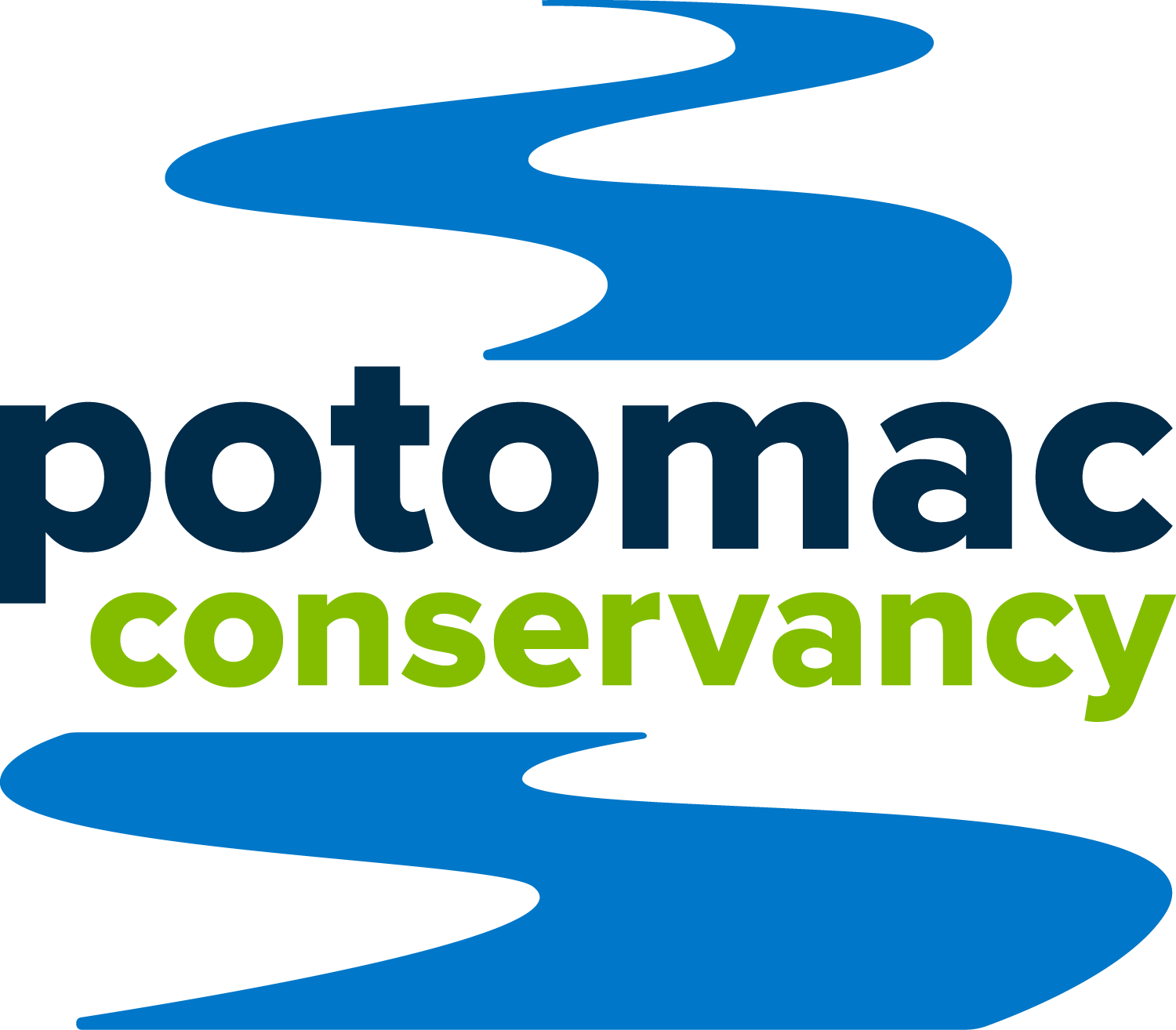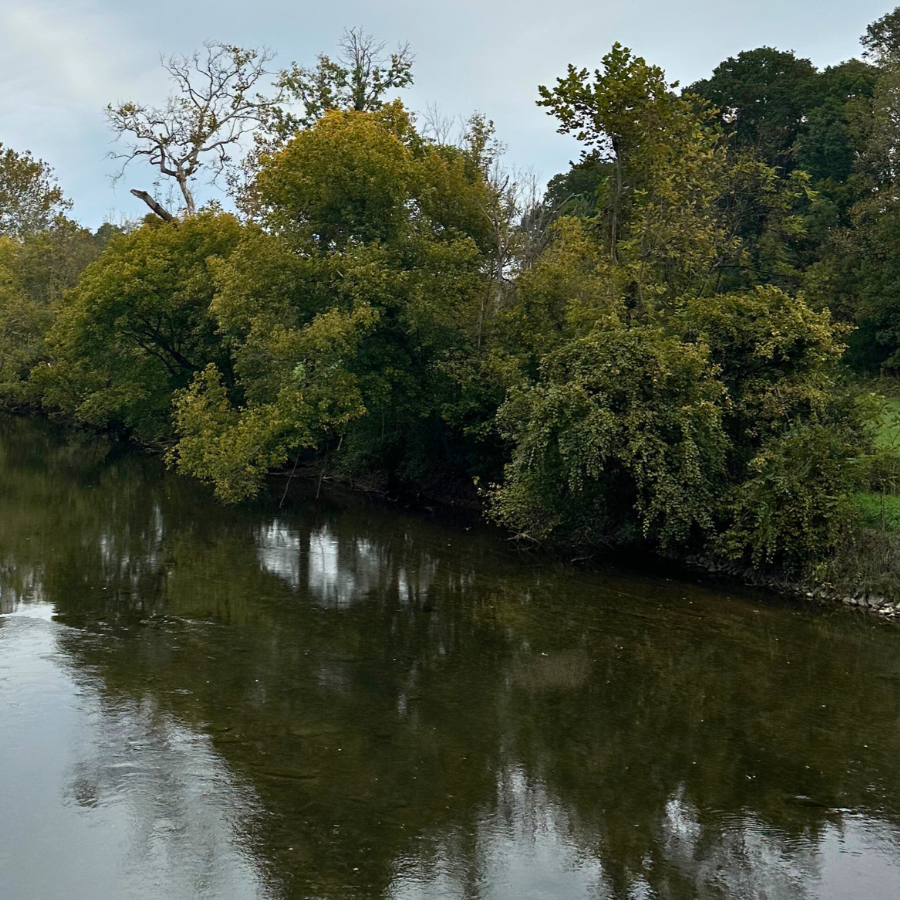Tree Planting Project in Shepherdstown, WV takes root thanks to key partners coming together
/Potomac Conservancy, the Safe Water Conservation Collaborative, and Trout Unlimited are “branching” out for clean water
View of tree planting site in west virginia
What do we want? Roots in the ground! And when do we want them? Now!
Potomac Conservancy is the lead organization for the Safe Water Conservation Collaborative (SWCC). We partnered with Trout Unlimited and had a successful planting in April. Now, the trees are relaxing and enjoying the warm weather.
SWCC is a coalition of over 25 organizations in West Virginia with the same goal in mind: to protect drinking water through forest conservation.
That is a big task, but we’re up for the challenge! In 2021, SWCC was awarded a grant from the National Fish and Wildlife Foundation to support the planting of streamside trees (also known as riparian buffers) in Jefferson County and Berkeley County, West Virginia.
We work with landowners who have streams on their property that need a riparian buffer. Joining forces with them to get trees in the ground helps improve their area's water quality. This is a collaborative process with landowners to design a planting plan, including specific tree species, and offer support to ensure maintenance for a period following installation.
The download on our latest tree planting
This past spring, we worked with Trout Unlimited to improve habitat and stream health at Morgan's Grove Park, a community hub in Shepherdstown, West Virginia. We planted 90 native large trees on a one-acre property. This joint effort will benefit the local water quality and increase shade in the park for people to enjoy! That is a win-win!
“ The riparian planting that took place at Morgan’s Grove Park in March will significantly improve local water quality. The new trees will help filter pollutants, stabilize the soil, and reduce erosion into the water source, thereby safeguarding the secondary municipal drinking water source for Shepherdstown. Additionally, the diverse ecosystem created will enhance biodiversity and contribute to the overall health and resilience of the park over time.”
View of tree planting site with trees in the ground
What do trees have to do with water quality?
Trees and water go together like peanut butter and jelly... they help each other thrive!
Trees leaf no room for polluted runoff
With their extensive root systems, trees naturally improve water quality and act as natural water filters. During extreme storms, tree canopy slows heavy rainfall, helping soil absorb the excess water and trapping polluted runoff—the only growing source of pollution to the Potomac River.
Streamside trees are tree-mendous at stabilizing our shorelines
When trees are planted along rivers and streams, they stabilize shorelines, preventing erosion and reducing sediment pollution. This benefits water quality and landowners who don’t want their land whisked away during increasingly more common floods.
Trees provide re-leaf from excess carbon dioxide
Trees sequester and store carbon dioxide – the greenhouse gas that accounts for more than three-quarters of greenhouse gas emissions generated by humans.
We’re excited to get more trees in the ground this fall! Improving the Potomac River through nature-based solutions is critical to healthier drinking water for future generations.
📨 Get updates on our land conservation work and future tree plantings!
Interested in turning your property into a conservation easement? Reach out to our team to learn more at lands@potomac.org.







